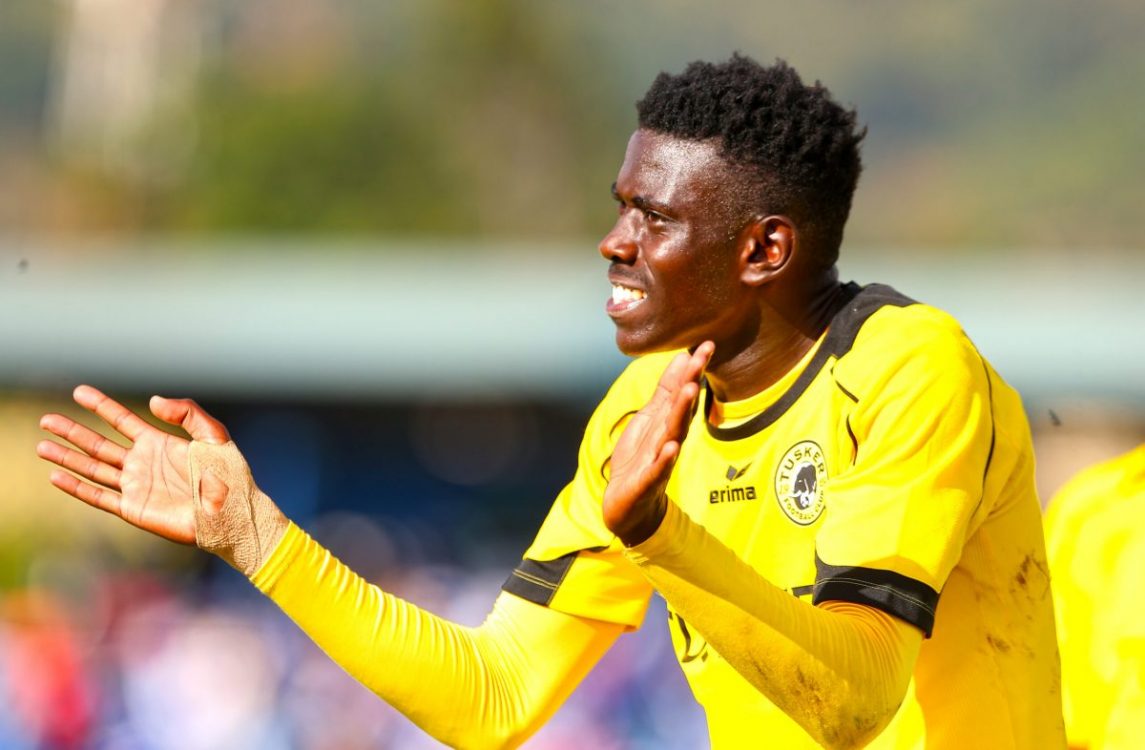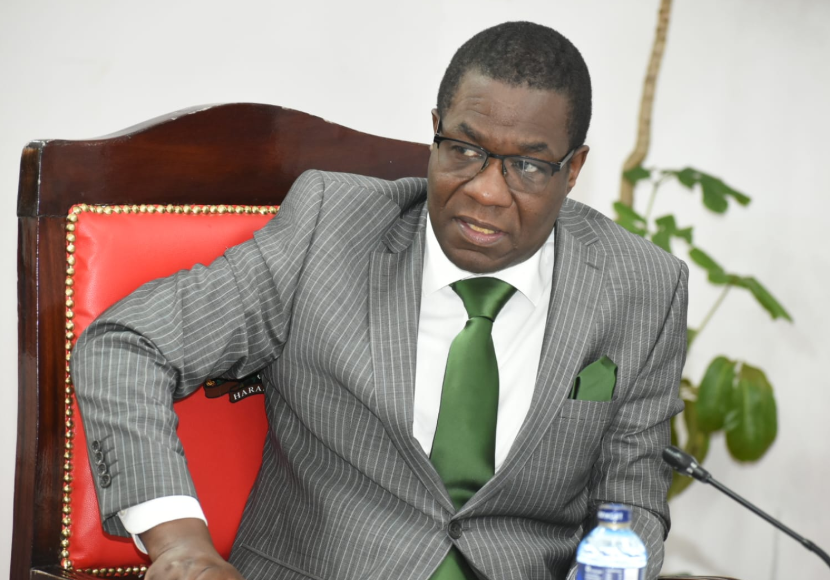Keep ugly spectacle of divorce to yourself

In recent days, the internet has been abuzz with the public falling-out between celebrated couple Kabu and Sarah.
What should have remained a private matter has spiralled into an online circus, with both parties airing accusations and counter-accusations to the delight of a voyeuristic audience. This spectacle is not just embarrassing; it is a grim reminder of how deeply toxic publicised divorces can be.
Divorces are inherently painful, even more so when they involve children. The heartbreak of a family splitting apart should be a matter handled with dignity, restraint and maturity. Instead, many high-profile breakups devolve into bitter, public feuds that weaponise social media.
When children witness their parents attacking each other in public forums, they are subjected to emotional trauma that can leave scars lasting a lifetime.
In these disputes, another troubling trend emerges – the glaring double standards applied to men in matters of divorce and child custody. In many cases, the father is presumed guilty even before any facts come to light. Society often paints men as absent, unfit, or uncaring fathers, while women are automatically cast as the victims.
This bias plays out both in public opinion and in courtrooms, where custody decisions overwhelmingly favour mothers, regardless of the circumstances.
Men, too, suffer in silence, but their pain rarely elicits the same sympathy. When a man fights for custody or defends himself against allegations, he is often dismissed as vindictive or trying to escape responsibility. Yet, in many cases, those who cry the loudest are the ones hiding the most guilt. It’s not uncommon to find that the parent who portrays themselves as the victim is, in fact, the one responsible for the breakdown of the marriage or the alienation of the children from their other parent.
The societal expectation that men should “suck it up” only exacerbates the problem. A father’s love is no less profound than a mother’s, and the assumption that men are inherently less capable of nurturing their children is both outdated and damaging. Courts and society need to recognise that both parents have a vital role to play in a child’s upbringing, and custody decisions should be made based on the best interests of the child, not on gendered stereotypes.
When celebrity couples split, public opinion is often swayed by the party who first brings the fight to social media. Society seems to reward those who craft the most emotionally charged narrative, regardless of its truthfulness. A teary video or a well-worded post can garner immense sympathy, while the other party is left scrambling to defend their reputation.
This rush to judgment is not only unfair but also reckless. It empowers individuals to weaponise public sentiment against their former partners, often without providing any evidence. Worse still, it turns deeply personal disputes into a public spectacle, where the truth is often sacrificed at the altar of public opinion.
It is time we demand better from our public figures and ourselves as a society. First, celebrity couples must exercise restraint when handling personal disputes. Social media is not a courtroom, and the public does not need to serve as judge and jury in matters that are deeply private.
Second, courts and policymakers need to address the inherent biases that disadvantage fathers in custody cases. Equal parenting rights are not just about fairness; they are about ensuring the best outcomes for children. A legal framework that truly prioritises the welfare of children will recognise that both parents deserve equal opportunity to be part of their children’s lives.
Finally, as a society, we must resist the urge to revel in the misery of others. Publicising marital disputes only feeds a toxic cycle of judgment and ridicule. Instead of fanning the flames, we should encourage empathy, understanding, and support for families going through these challenging times.
— The writer is a PhD student in International Relations















